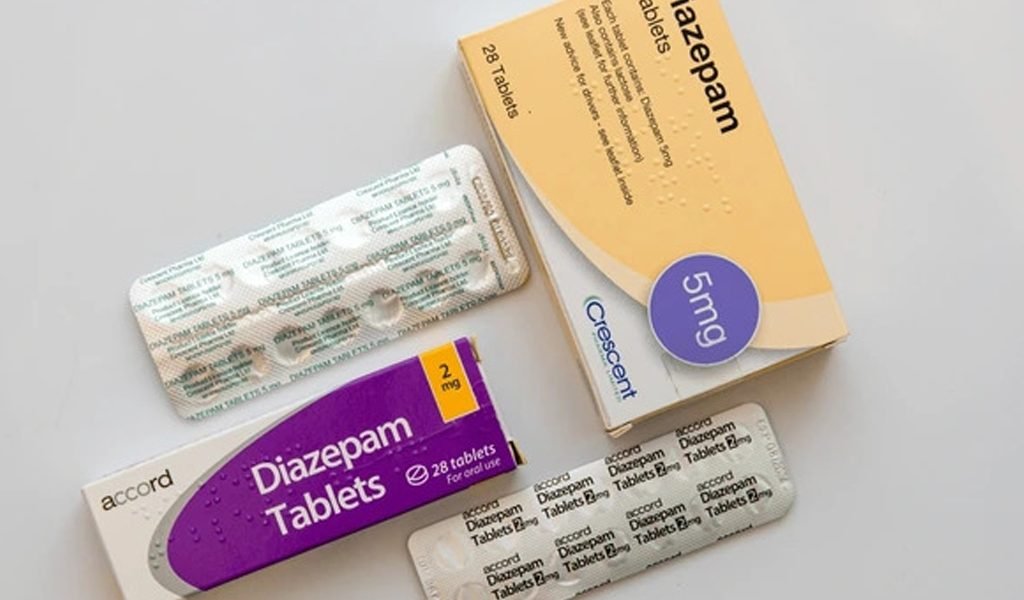
Managing Anxiety with Medicines – Pros & Cons
Introduction
Anxiety can feel overwhelming—and for many, medication becomes part of the journey to feeling better. But like all treatments, anxiety meds have both benefits and drawbacks. Here’s a quick look at the pros and cons to help you make informed decisions.Pros of Anxiety Medications
1. Fast Relief
Certain medications (like benzodiazepines) work quickly to reduce panic, tension, or severe anxiety episodes.
2. Improves Daily Functioning
Medications can help you regain focus, sleep better, and manage work, relationships, and routine tasks.
3. Supports Therapy
When combined with CBT or talk therapy, medication can make it easier to engage and progress.
4. Options Available
Different types for different needs:
SSRIs/SNRIs (e.g. Sertraline, Venlafaxine) – long-term control
Benzodiazepines (e.g. Diazepam) – short-term relief
Beta-blockers – useful for physical symptoms like rapid heart rate
Cons of Anxiety Medications
1. Side Effects
Can include weight changes, drowsiness, dizziness, or sexual dysfunction.
2. Dependency Risk
Some medications (especially benzodiazepines) can cause dependence with long-term use.
3. Not a Cure
Medications treat symptoms—not root causes. Therapy is key for long-term recovery.
4. Withdrawal Symptoms
Stopping suddenly can trigger anxiety rebound or withdrawal effects.
Final Thoughts
Anxiety meds can be life-changing for some, but they work best when used short-term and combined with therapy, self-care, and lifestyle changes. Always speak to a healthcare professional before starting or stopping any medication.
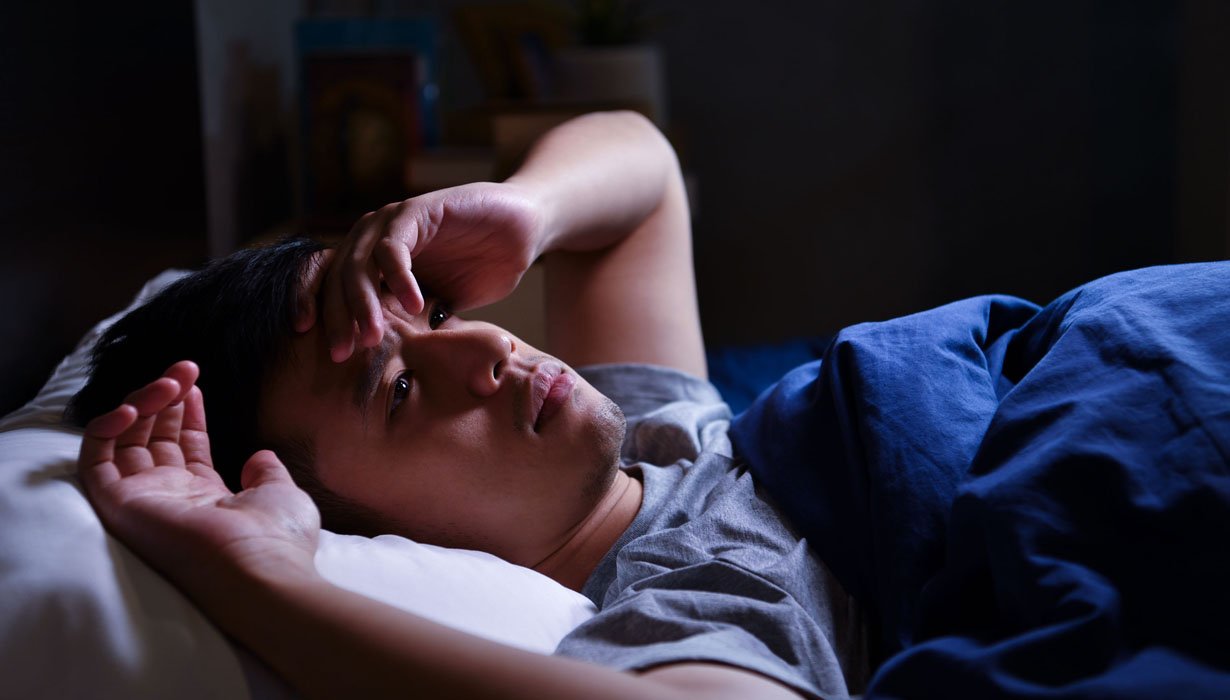
Signs You Might Need Sleep Medication
Introduction
Most sleep issues can be managed with lifestyle changes—but in some cases, sleep medication may be necessary. Knowing when to seek help and how to choose the right solution is key to improving your sleep safely.
Signs You Might Need Sleep Medication
🕒 Trouble falling asleep more than 3 nights a week
😵💫 Waking up multiple times and struggling to go back to sleep
🛌 Still feeling tired after a full night in bed
😠 Daytime irritability, poor focus, or mood swings
😣 Anxiety about not being able to sleep
📉 Sleep problems affecting work, health, or relationships
How to Choose the Right Sleep Medication
- Talk to a GP or sleep specialist — never self-prescribe.
- Short-term use only — most sleep aids are meant for limited periods.
- Consider the root cause — e.g., anxiety, pain, or shift work.
- Know your options:
- Zopiclone or Zolpidem – for short-term insomnia
- Melatonin – for jet lag or circadian rhythm issues
- Antihistamines (OTC) – for occasional sleep trouble
- Herbal aids – like valerian or chamomile (milder)
Final Advice:
Sleep meds can help temporarily, but they’re not a cure. Use them only under guidance and explore long-term solutions like CBT-I, good sleep hygiene, and stress management.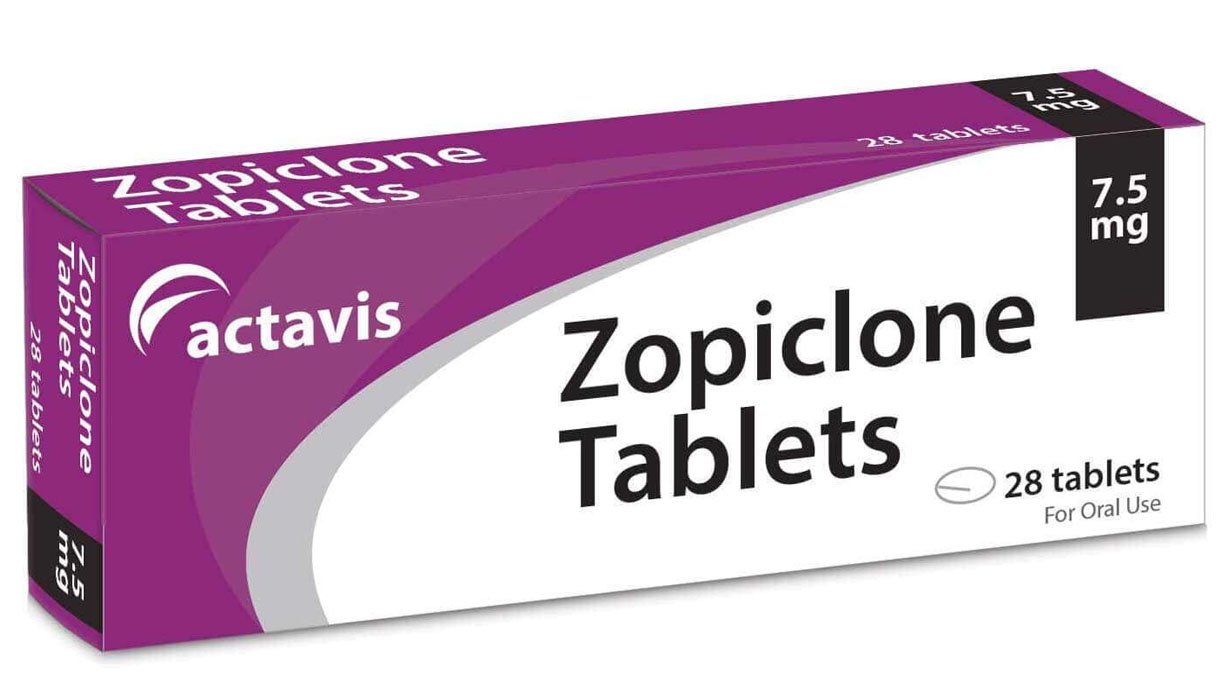
What Are the Best Alternatives to Zopiclone?
Introduction
Zopiclone is often prescribed for short-term insomnia, but long-term use can lead to dependence and side effects. Luckily, there are effective alternatives—both natural and behavioral—that can help you sleep better without medication.
Herbal & Natural Alternatives:
1. Valerian Root
A popular herbal remedy known for calming effects.
2. Chamomile Tea
Mild sedative properties, best taken before bed.
3. Lavender (Oil or Tea)
Promotes relaxation and reduces anxiety.
4. Melatonin Supplements
Ideal for jet lag or shift workers; use short-term.
Behavioral & Lifestyle Changes:
✔️ Cognitive Behavioural Therapy for Insomnia (CBT-I)
Gold standard for treating chronic insomnia without medication.
✔️ Sleep Hygiene
Stick to a regular schedule, avoid caffeine late, and reduce screen time.
✔️ Mindfulness & Meditation
Calms the nervous system and prepares the mind for sleep.
Final Thoughts:
If you’re looking to stop or avoid Zopiclone, these natural and lifestyle-based options can help restore healthy sleep patterns—safely and sustainably.
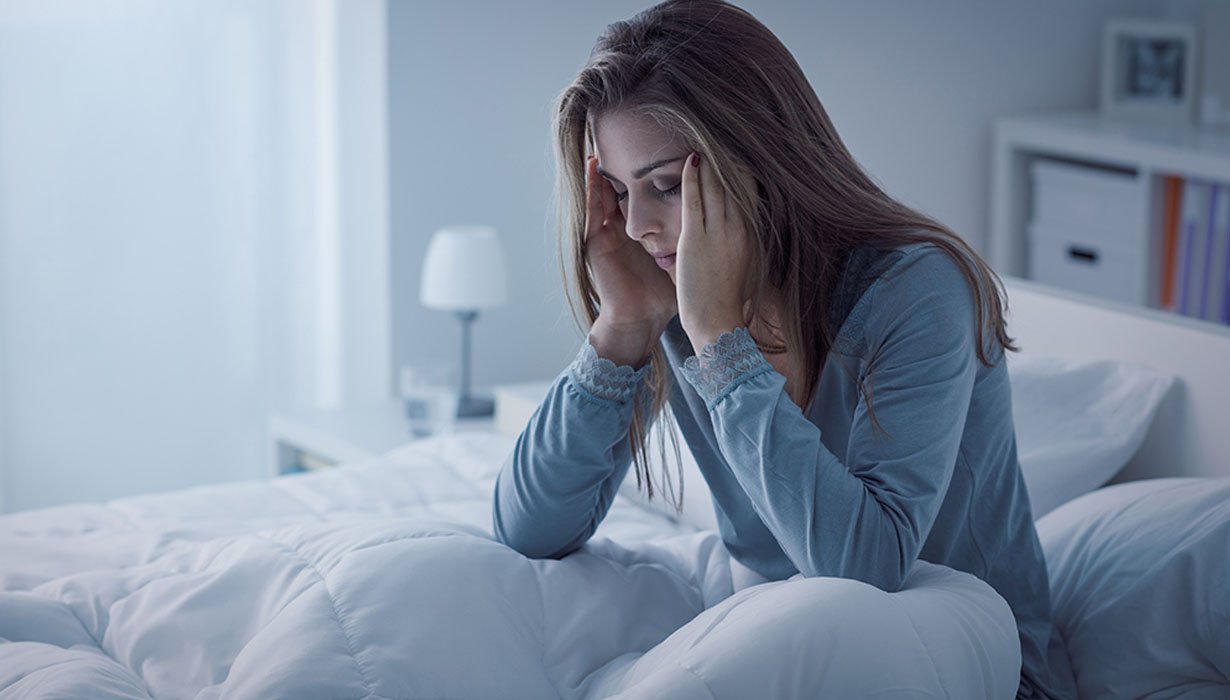
Can I Take Sleeping Pills Every Night?
Introduction
Sleeping pills (like Zopiclone, Diazepam, or OTC aids) can be helpful for occasional, short-term relief—such as during stressful periods or jet lag.
Long-Term Use Risks:
- Tolerance (they stop working)
- Dependence (you can’t sleep without them)
- Withdrawal symptoms
- Daytime drowsiness, memory issues, and falls (especially in older adults)
Not Recommended:
Most doctors advise against daily long-term use, unless under strict medical supervision.
Safer Alternatives:
- CBT for Insomnia (CBT-I) – proven long-term solution
- Melatonin supplements (short-term use)
- Sleep hygiene: regular sleep schedule, no screens before bed
- Relaxation techniques: deep breathing, meditation
Bottom Line:
Sleeping pills can help short-term, but nightly use isn’t safe. Always talk to your doctor and consider non-medical solutions for lasting results.

Common Side Effects of Sleep Aids
Introduction
Sleep aids can provide much-needed relief for those struggling with insomnia or disrupted sleep, but they are not without risks. Whether you’re using prescription medication like Zopiclone or Diazepam, over-the-counter antihistamines, or herbal remedies, it’s essential to understand the common side effects and take necessary precautions.
This blog highlights the most frequent symptoms and offers safety tips to help you use sleep aids more responsibly.
Types of Sleep Aids
Before diving into side effects, let’s briefly categorize the most common types:
- Prescription Sleep Medications
- Examples: Zopiclone, Zolpidem, Diazepam
- Use: Short-term treatment for insomnia
- Over-the-Counter (OTC) Sleep Aids
- Examples: Diphenhydramine (Nytol), Doxylamine
- Use: Occasional sleep troubles or jet lag
- Herbal or Natural Remedies
- Examples: Valerian root, Melatonin, Chamomile
- Use: Mild, natural sleep support
Common Side Effects Across Sleep Aids
Drowsiness & Grogginess
- What it feels like: Feeling sluggish, tired, or mentally foggy the next morning
- Precaution: Take at least 7–8 hours before you need to be alert
Dizziness or Lightheadedness
- More common with: Prescription sleep medications
- Precaution: Avoid driving or operating machinery after taking a sleep aid
Dry Mouth or Throat
- Often seen with: Antihistamines (like diphenhydramine)
- Solution: Stay hydrated and keep water by your bedside
Headaches
- A common but temporary side effect, particularly when starting a new sleep aid
Unusual Dreams or Nightmares
- Associated with: Z-drugs like Zolpidem or Zopiclone
- Reason: These drugs alter REM sleep cycles
Memory Issues or Confusion
- More likely in: Older adults or people using benzodiazepines (like Diazepam)
- Precaution: Use the lowest effective dose for the shortest time
Dependency or Withdrawal
- High risk with: Long-term use of prescription sleep medications
- Warning signs: Needing higher doses, trouble sleeping without the aid
Allergic Reactions
- Rare, but symptoms may include rashes, swelling, or difficulty breathing
- Immediate action required: Seek emergency medical help
When to Stop and Call a Doctor
- Severe next-day drowsiness
- Difficulty breathing or chest pain
- Worsening anxiety or depression
- Behavioral changes or hallucinations
Safety Tips for Using Sleep Aids
- Always follow the prescribed dose
- Avoid alcohol — it intensifies side effects and can be dangerous
- Don’t mix sleep aids with other sedatives unless approved by a doctor
- Limit use to short-term relief unless under medical supervision
- Discuss all supplements and medications with your doctor before combining
Natural Alternatives to Consider
- Melatonin supplements (ideal for jet lag and shift work)
- Herbal teas like chamomile or lavender
- Cognitive Behavioural Therapy for Insomnia (CBT-I) – a non-drug solution with long-term benefits
- Mindfulness & breathing techniques
Conclusion
While sleep aids can be helpful in the short term, they come with potential side effects and risks. Being aware of the symptoms and taking the right precautions can help you use them safely and effectively. Always prioritize professional advice and explore non-drug alternatives for long-term sleep wellness.

How to Buy Diazepam Online Safely in the UK
Introduction
Diazepam (commonly known by the brand name Valium) is a powerful medication used to treat anxiety, muscle spasms, seizures, and sometimes insomnia. While it’s convenient to buy medications online, doing so without proper precautions can be risky — especially with controlled substances like Diazepam.
If you’re considering purchasing Diazepam online in the UK, here’s everything you need to know to stay safe and within the law.
Important Legal Reminder?
Diazepam is classified as a Class C controlled substance and a Prescription-Only Medicine (POM) in the UK.
It is illegal to buy Diazepam without a valid prescription.
Buying it from unregulated websites or without a prescription may result in:
- Health risks due to counterfeit or contaminated products.
- Legal consequences such as fines or prosecution.
- Data theft or payment fraud.
Step-by-Step Guide to Buying Diazepam Safely Online
Start with a Doctor Consultation
Before you even think of buying Diazepam, consult a licensed UK doctor. You can do this via:
- Your NHS GP.
- A private doctor.
- An online medical consultation with a UK-registered provider.
If Diazepam is appropriate, they will issue a prescription legally.
Choose a Registered UK Pharmacy
- Only purchase from an MHRA-authorized and GPhC-registered online pharmacy. Here’s how to verify them:
- GPhC Registration Number – Found in the website footer or About section.
- EU Common Logo – A clickable green cross logo that links to a government database.
- MHRA Listing – Confirm the seller is listed on the MHRA’s register of legitimate online sellers.
Avoid sites that:
- Offer Diazepam without a prescription
- Use vague contact details (no UK address or registration)
- Have no consultation process
Confirm Secure Checkout and Privacy
- Uses HTTPS encryption (check for the padlock in your browser bar)
- Has clear data privacy policies
- Offers secure payment methods (Visa, Mastercard, PayPal, etc.)
Understand Delivery and Packaging Policies:
- Use discreet, tamper-proof packaging
- Deliver through secure, trackable methods (like Royal Mail Tracked)
- Provide order confirmation and tracking info
Warning Signs of Scam Websites
- Sells Diazepam without requiring a prescription
- Offers bulk discounts or “free samples”
- Has poor spelling, grammar, or generic content
- Doesn’t list a physical UK address or verified contact information
- Is based overseas but targets UK customers
Safer Alternatives to Consider
- Cognitive Behavioural Therapy (CBT)
- Non-addictive medications or herbal remedies
- Sleep hygiene techniques
- Licensed short-term sleep aids with less dependency risk
Final Thoughts: Stay Smart, Stay Legal
Yes, you can buy Diazepam online in the UK, but only through verified, legal channels and with a valid prescription. By sticking to registered UK pharmacies and avoiding shady sellers, you can protect your health, privacy, and finances.
Zopiclone vs Diazepam – Which Is Better for Sleep?
Introduction
When it comes to treating insomnia or severe sleep disturbances, two commonly prescribed medications often come up: Zopiclone and Diazepam. Both are used as sleep aids but differ significantly in how they work, how long they last, and their side effect profiles. So, which is better for sleep — Zopiclone or Diazepam? Let’s compare the two across multiple factors to help you understand their roles and risks.1. What Is Zopiclone?
- Drug class: Non-benzodiazepine hypnotic (Z-drug)
- Brand names: Zimovane, Imovane
- Purpose: Primarily prescribed for short-term treatment of insomnia
- Onset: Fast-acting (usually within 1 hour)
- Duration: 6–8 hours
Diazepam
- Drug class: Benzodiazepine
- Brand name: Valium
- Purpose: Used for anxiety, muscle spasms, seizures, and sometimes sleep issues
- Onset: Fast-acting (within 30–60 minutes)
- Duration: Long-acting (up to 24 hours or more)
Use Cases – When to Use What?
Zopiclone is preferred when:
- You need help with falling asleep quickly
- You want a medication with less next-day grogginess
- You’re treating short-term insomnia (2–4 weeks)
Diazepam may be better if:
- Your insomnia is linked to anxiety or muscle tension
- You’re also dealing with panic disorders or seizures
- You need a longer-acting sedative under medical supervision
Prescription & Legal Status in the UK
- Both Zopiclone and Diazepam are Prescription-Only Medicines (POM) in the UK.
- Neither should be purchased online without a valid prescription and consultation with a licensed healthcare provider.
- Diazepam is a controlled drug (Class C) under the Misuse of Drugs Act, meaning it is more strictly regulated than Zopiclone.
Expert Advice & Best Practices
- Always consult your GP or a sleep specialist before using either drug.
- These medications should not be used long-term without supervision.
- Explore non-drug alternatives like Cognitive Behavioural Therapy for Insomnia (CBT-I), which is considered the gold standard for chronic sleep issues.
Conclusion:
If sleep is your primary concern, Zopiclone is often the better and more targeted option. Diazepam, while helpful in certain cases, is generally more suitable for anxiety-related sleep issues. Both drugs carry risks, so medical guidance is essential.
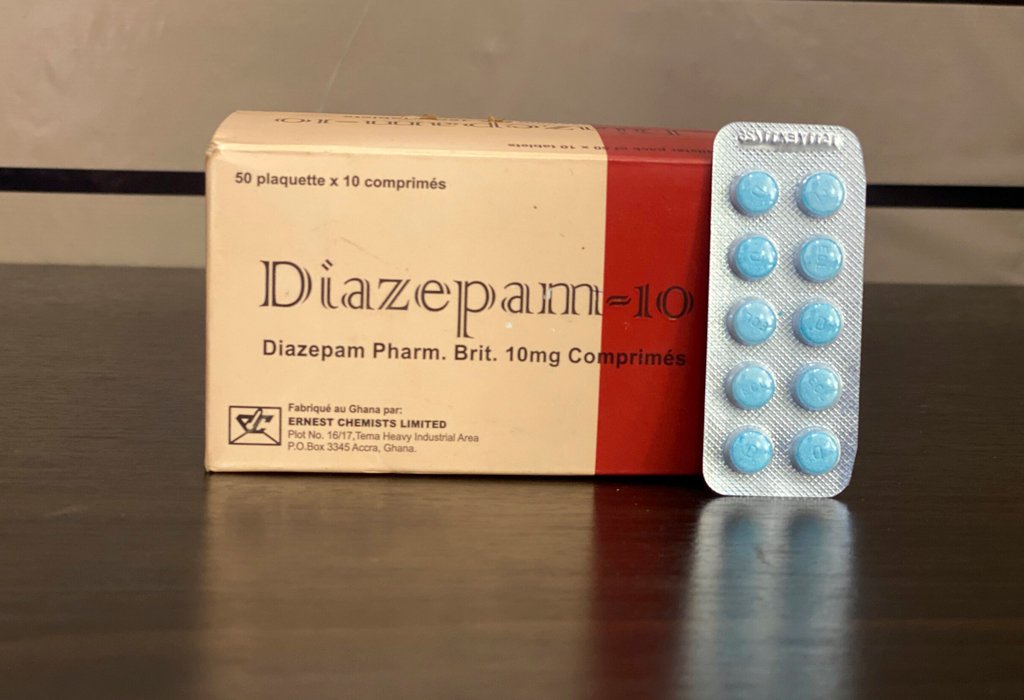
What You Need to Know About Diazepam
Introduction
The prescription drug diazepam, also marketed under the brand name Valium, is a member of the benzodiazepine class. It is frequently used to treat ailments like anxiety, seizures, spasms in the muscles, and the symptoms of alcohol withdrawal. We will go over what diazepam is, how it works, its advantages, potential drawbacks, and safe usage in this tutorial.
1. What Is Diazepam?
Diazepam is a depressant of the central nervous system. It helps to lessen nervous system hyperactivity by enhancing the effects of GABA, a calming neurotransmitter in the brain. Because of these relaxing properties, it is recommended for:
Generalized anxiety disorder (GAD)
Acute alcohol withdrawal
Muscle spasms or stiffness
Seizure disorders (as adjunct therapy)
Sedation before medical procedures
2. How Does Diazepam Work?
In order to slow down brain activity, GABA is amplified by diazepam. This can help calm people down, relax their muscles, prevent seizures, and lessen anxiety. Typically, the soothing effect begins within 30 to 60 minutes.
3. Proper Usage and Dosage
Form: Oral tablets, injection, rectal gel
Dosage: Varies depending on condition; often 2–10 mg taken 2 to 4 times daily
Duration: Short-term use is recommended due to risk of dependence
Always pay close attention to what your doctor prescribes. Never change the dosage without consulting a doctor.
4. Possible Side Effects
Common side effects include:
Drowsiness or fatigue
Dizziness
Blurred vision
Muscle weakness
Memory issues or confusion (especially in elderly patients)
Seek immediate medical attention if you notice:
Difficulty breathing
Severe drowsiness
Unusual mood or behavior changes
5. Warnings and Precautions
Addiction Risk: Long-term or high-dose use can lead to dependence
Withdrawal Symptoms: Do not stop abruptly; taper under medical supervision
Avoid Alcohol: Increases sedative effect and can be dangerous
Pregnancy & Breastfeeding: Not recommended unless necessary
6. Is Diazepam Legal in the UK?
Yes, according to the UK’s Misuse of Drugs Act, diazepam is a regulated prescription-only medication. Diazepam cannot be purchased or sold without a legitimate prescription from a registered healthcare professional.
7. Alternatives to Diazepam
For those looking for non-benzodiazepine options, alternatives may include:
SSRIs (e.g., sertraline) for anxiety
Muscle relaxants (e.g., baclofen)
CBT therapy (non-drug option)
Herbal supplements (Valerian, CBD, etc.)
Conclusion
Diazepam can be an effective treatment for short-term anxiety, seizures, and other nervous system-related issues. However, due to its addictive nature, it should only be used under strict medical supervision. If you’re experiencing symptoms that might require Diazepam, consult your healthcare provider for a personalized treatment plan.

Best Over-the-Counter Sleeping Aids in the UK
Introduction
You are not the only one who has trouble falling or staying asleep. Millions of people in the UK suffer from insomnia and other sleep disorders. Thankfully, there are several over-the-counter (OTC) sleeping medicines that can assist improve sleep quality without a prescription. This blog examines the best over-the-counter sleep aids, their mechanisms, and factors to take into account when selecting one.1. What Are Over-the-Counter Sleeping Aids?
Over-the-counter sleeping aids are prescription-free drugs or supplements that are intended to help you fall asleep, enhance the quality of your sleep, or modify your sleep schedule. These are typically used to treat occasional insomnia, jet lag, and short-term insomnia.
2. Top OTC Sleeping Aids Available in the UK
a. Nytol One-A-Night
Type: Antihistamine (Diphenhydramine hydrochloride)
How it works: Induces drowsiness by blocking histamine receptors in the brain
Best for: Occasional sleeplessness
Note: Not for long-term use due to potential drowsiness the next day.
b. Kalms Night
Type: Herbal remedy (Valerian root extract)
How it works: Naturally promotes relaxation and restful sleep
Best for: Mild anxiety-related insomnia
Note: Suitable for individuals looking for a natural alternative.
c. Sominex
Type: Antihistamine (Promethazine hydrochloride)
How it works: Sedating antihistamine that helps initiate sleep
Best for: Difficulty falling asleep
Note: Not suitable for children under 16.
d. Benylin Night Coughs
Type: Combination antihistamine and cough suppressant
How it works: Soothes night-time coughing and induces drowsiness
Best for: Cough-related sleep disturbances
e. Melatonin (as a supplement)
Note: Only available via prescription in the UK, but some melatonin-containing herbal alternatives are available OTC.
Best for: Jet lag or shift work sleep disorder

3. Natural Alternatives & Supplements
Think about using natural sleep aids like these if you are afraid to utilize conventional over-the-counter medications:
Valerian root
Chamomile tea or extract
Magnesium supplements
Lavender oil or aromatherapy
With consistent use, they can gradually enhance the quality of sleep, though they might not work right away.
4. Tips for Safe Use
Read the label carefully for dosage and side effects
Do not mix with alcohol or sedatives
Avoid long-term use without medical advice
Consult a GP if insomnia persists longer than 2 weeks

5. When to See a Doctor
If over-the-counter sleep aids don’t help or you experience:
Frequent nightmares
Waking up feeling tired
Sleep disruptions from stress or medical issues
Conclusion
To help you deal with temporary sleep issues, the UK has a large assortment of over-the-counter sleeping aids. Depending on your unique demands, you can choose from medication choices like Nytol or natural cures like Kalms Night. Always take sleep aids sensibly, and if symptoms worsen, think about consulting a doctor or pharmacist.


